This article breaks down the best OSINT tools, techniques, resources and websites available online for every stage of intelligence gathering process. From background reading, to organizing your research and getting the best out of search engines, Intelligence Fusion has created the ultimate list of open source intelligence tools.
We cover the following;
What is OSINT?
The Best OSINT Websites for Background Reading
OSINT Techniques to Organise your Thoughts
Setting up Automated Alerts using OSINT Tools
OSINT Tools for Social Media
OSINT Techniques: Getting the Best out of Search Engines
Platforms and Dashboards for Open Source Intelligence
OSINT Websites for Online News Media
Other Useful OSINT Tools
Get Started for FREE
Sign up with Facebook Sign up with X
I don't have a Facebook or a X account
 Your new post is loading... Your new post is loading...

Dave berkeley's curator insight,
June 8, 2017 8:49 AM
Always striving to live in the moment is sometimes difficult. I would add our brain also wants to dwell on the past as well.What say you?

Farid Mheir's curator insight,
January 16, 2017 9:18 AM
Perfect Sunday morning reading which is guaranteed to make you reflect and ponder for the next weeks. The article is a typical New Yorker one, very well researched and written. So captivating that it got me to start reading the book which appears to be as captivating and surprisingly easy to read and understand. I love those finds and have the feeling this book will be the best complement to "Singularity is Near" and "On Intelligence" that I wrote about in the past.
- book "singularity is near": http://fmcs.digital/blog/singularity-is-near-an-essential-read-to-understand-why-technology-evolves-so-fast/ - book "on intelligence": http://fmcs.digital/blog/on-intelligence-mustread-to-understand-frontal-cortex-architecture-what-makes-us-intelligent/ - article "Why the future does not need us": http://fmcs.digital/blog/why-the-future-doesnt-need-us-a-reminder-that-ai-may-have-a-bad-side-via-wired/ - related posts: http://www.scoop.it/t/digital-transformation-of-businesses/?tag=Singularity+is+Near

Farid Mheir's curator insight,
January 14, 2017 2:17 PM
Perfect Sunday morning reading which is guaranteed to make you reflect and ponder for the next weeks. The article is a typical New Yorker one, very well researched and written. So captivating that it got me to start reading the book which appears to be as captivating and surprisingly easy to read and understand. I love those finds and have the feeling this book will be the best complement to "Singularity is Near" and "On Intelligence" that I wrote about in the past.
- book "singularity is near": http://fmcs.digital/blog/singularity-is-near-an-essential-read-to-understand-why-technology-evolves-so-fast/ - book "on intelligence": http://fmcs.digital/blog/on-intelligence-mustread-to-understand-frontal-cortex-architecture-what-makes-us-intelligent/ - article "Why the future does not need us": http://fmcs.digital/blog/why-the-future-doesnt-need-us-a-reminder-that-ai-may-have-a-bad-side-via-wired/ - related posts: http://www.scoop.it/t/digital-transformation-of-businesses/?tag=Singularity+is+Near

Farid Mheir's curator insight,
November 9, 2013 12:25 PM
A very high level introduction and review of the work that led to Grok, a new service that will be demonstrated in 2 days at the Amazon re:invent conference. For those like me that were impressed with the book "On Intelligence" and are fans of the theory behind "Singularity is near", then this feels like another small but major step in the direction of intelligent machines.

Farid Mheir's curator insight,
January 14, 2017 2:03 PM
A very high-level introduction and review of the work that led to Grok, a new service that will be demonstrated in 2 days at the Amazon re:invent conference. For those like me that were impressed with the book "On Intelligence" and are fans of the theory behind "Singularity is near", then this feels like another small but major step in the direction of intelligent machines. |

Curated by Farid Mheir
Get every post weekly in your inbox by registering here: http://fmcs.digital/newsletter-signup/
|




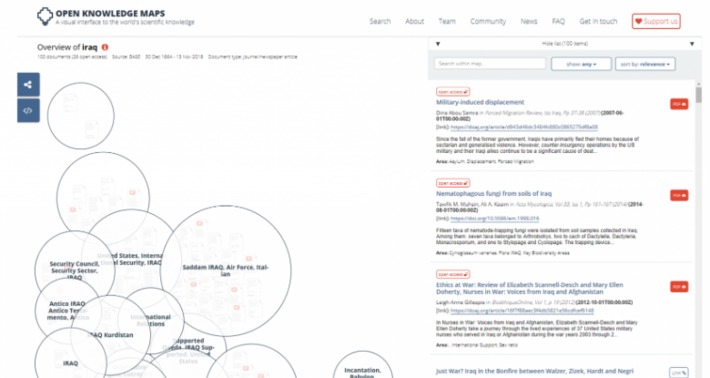

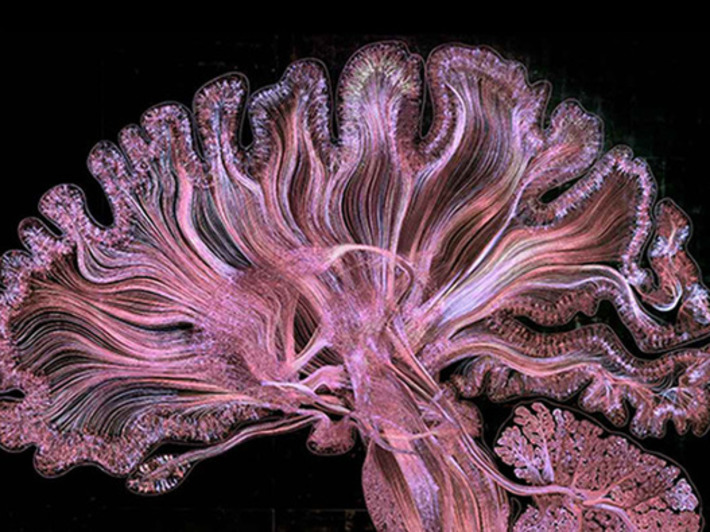


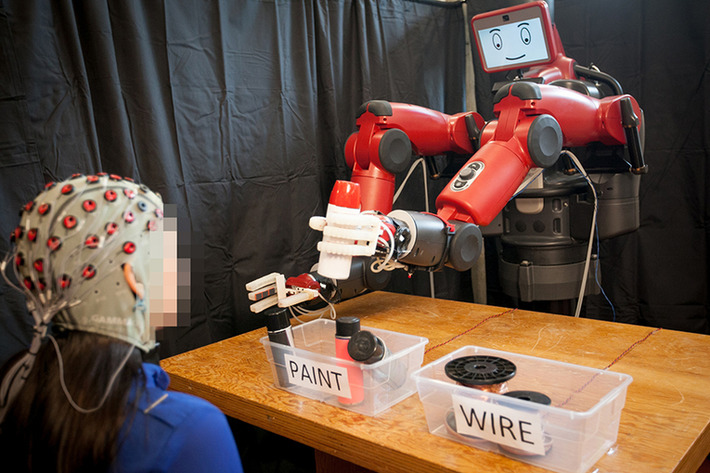

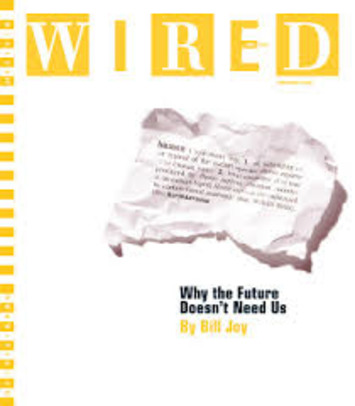

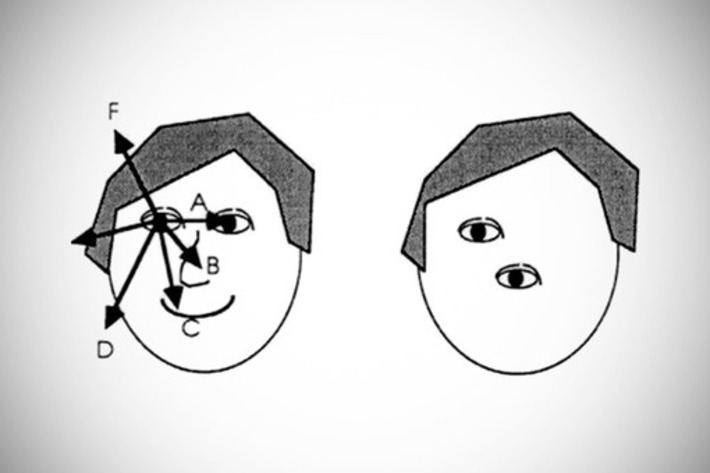


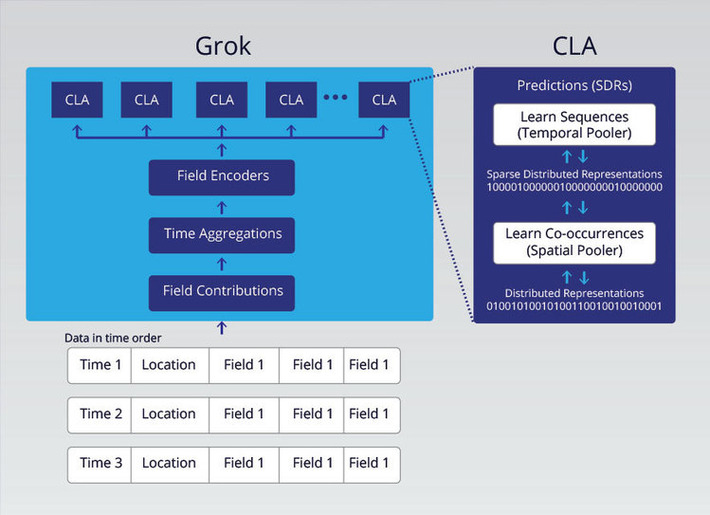









WHY IT MATTERS: the article describes all the sources of information you can leverage to gather knowledge about the world.